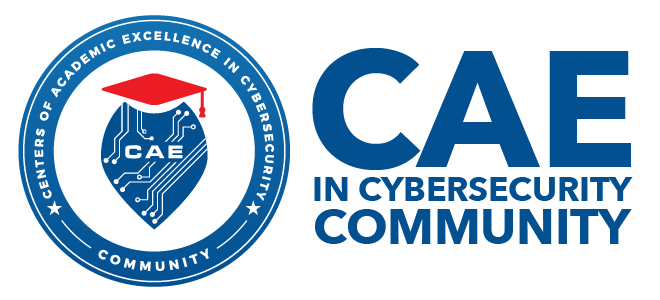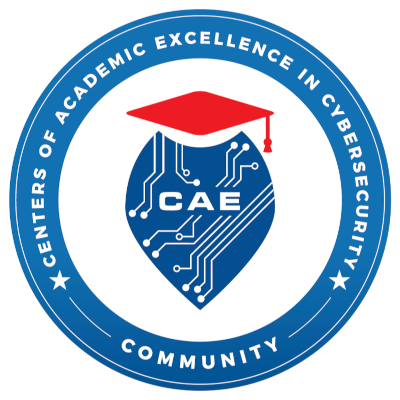Using Devops Tools to Deploy Cybersecurity Labs in Cloud Computing Environments
Hands-on cybersecurity labs are an excellent way to teach cybersecurity and for students to demonstrate knowledge. There is a large body of research on cybersecurity labs that provide examples of excellent lab environments. Due to the use of proprietary software and other factors like significant hardware requirements and large file sizes, it can be difficult to replicate these lab environments. The emergence of low-cost cloud computing resources and the automated deployment of infrastructure using DevOps tools make it easier to share and deploy lab resources.
Reach to Teach: Using Videos to Prepare Cybersecurity Adjunct Faculty
There is a capacity issue in the educational system preparing cybersecurity experts in this high-demand area: students cannot readily be added to the education system, especially at the Community Colleges level, because trained faculty to accommodate expanded sections are scarce. The weak link in the cybersecurity workforce supply chain is often the inability to find faculty who can be effective and can provide proper encouragement to the students to join the cyber workforce.
Matching Employer Cyber-Skill Needs with Students’ Assured Skills
We present a novel way to help match employers’ cybersecurity skill requirements with students’ knowledge using a blockchain to assure students’ credentials and records. This approach applies micro-accreditation of topics and rigor scores to students’ courses and associated tasks, making it easier for employers to explore students’ records to verify their success in specific skills. In turn, this allows employers to make better hiring decisions, conferring a solid way for students to prove the quality of their skills.
Hands-on Learning Experiences for Cyber Threat Hunting Education
Cyber threat hunting has emerged as a critical part of cybersecurity practice. However, there is a severe shortage of cybersecurity professionals with advanced analysis skills for cyber threat hunting.
High School CCF (Cybersecurity Curriculum Framework)
A team of educators has been working on a cybersecurity curriculum framework (CCF). The purpose of the framework is to express a set of standards that stakeholders can use to develop a dedicated cybersecurity course for high schools. While computer science ideas and work are present in the framework, the CCF clearly delineates cybersecurity as its own topic. In the next phase of this project, the team hopes to develop methods for dual-credit and/or advanced placement so that students who take the course in high school can earn college credit for it.
Integrating Professional Cybersecurity Certification Preparation into Fundamentals Course
Careers in cybersecurity and information technology (IT) require professional certifications along with academic degrees. The challenge most students are faced with is that some cybersecurity certifications require significant knowledge, skills, and abilities (KSAs) and personal recommendations for years of industry experience. However, there are several great opportunities for students to obtain entry-level cybersecurity certifications that are well accepted by the industry as part of their academic degree program.
Promoting Cybersecurity Competitions at Nova Southeastern University
This presentation is intended to cover the promotion of cybersecurity competitions by the Center of Academic Excellence (CAE) at Nova Southeastern University (NSU). NSU first received its CAE designation in March 2005 amongst the first in the State of Florida and was redesignated in October 2014. The promotion of cybersecurity competition has long been in our agenda but was challenging, primarily due to the nature of students as many of them are working professional students.
University of Arizona's Success - Bridging Cyber with Intelligence and Information Operations
We would like to highlight the success and vision of our Cyber Program. In May 2018, the University of Arizona (UA) received it's National Security Agency (NSA) Center of Academic Excellence in Cyber Operations (CAE-CO) designation. Reverse engineered not only to meet NSA requirements but also for the delivery as a completely online program, the UA’s Cyber Operations program offers a one-of-a-kind Bachelor of Applied Science degree. While maintaining the high standards of NSA designated schools, we shape our cyber warriors during their Junior and Senior years.
ACM Cybersecurity Curriculum Guidelines Mapping to CAE Knowledge Units
In 2017 the ACM (the world's largest educational and scientific computing society), with the Joint Task Force on Cybersecurity Education, published Cybersecurity Curricula 2017 (CSEC2017), guidelines for baccalaureate programs in Cybersecurity.
The ACM CCECC (Committee for Computing Education in Community Colleges) is developing curriculum guidelines for associate degree programs, based on CSEC2017, with expected publication in early 2020. These guidelines, code-named Cyber2yr, map to the CAE knowledge units for two-year programs.

